Freshly harvested turmeric is very different from dried spice that comes in containers. Even if you get it "fresh" from the grocery shop, turmeric loses some of its luster and aromatic qualities in transit. To fully appreciate turmeric's great power and potency as a luxuriously scented spice, it would be beneficial to grow it at home.
Other Topics You Might Like
Helpful Products You Might Like
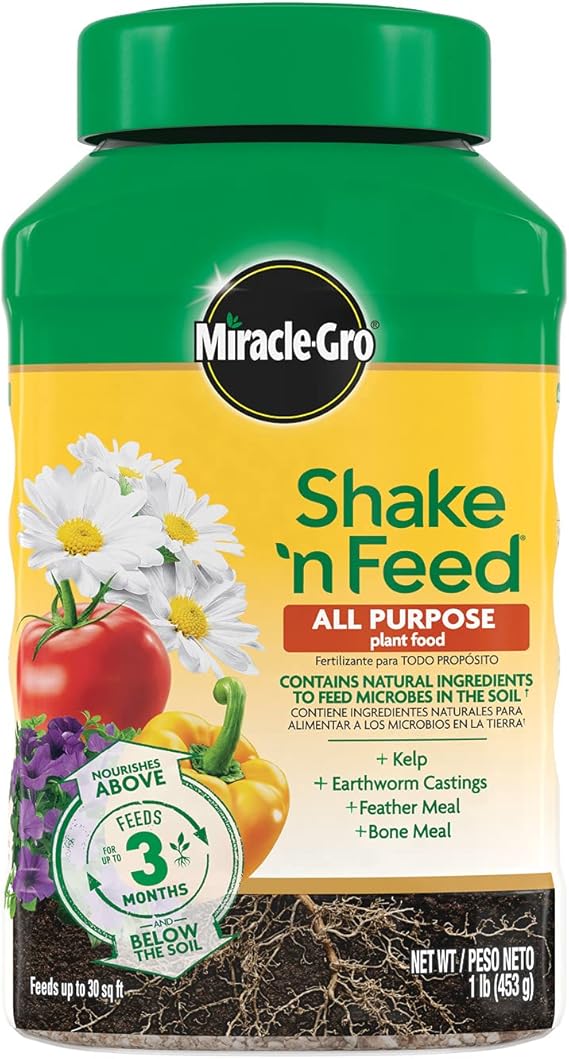
Miracle-Gro Shake 'N Feed All Purpose Plant Food
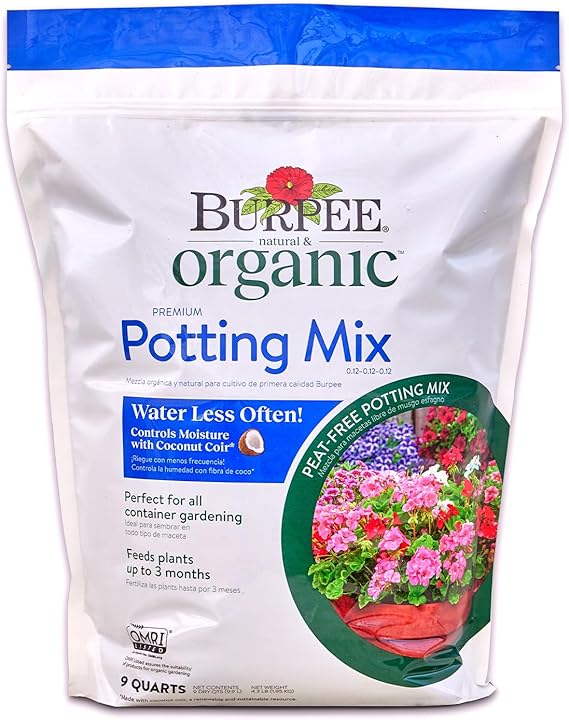
Burpee Premium Organic Potting Natural Soil Mix
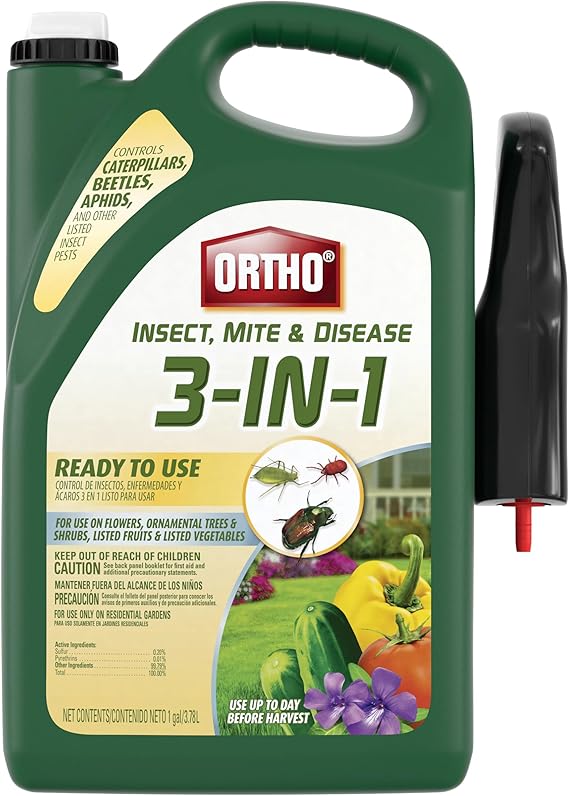
Ortho Insect Mite & Disease 3-in-1 Ready-To-Use
"(Paid Links)" 
Controls Pests
Pests are a major issue in most gardens. They feast on the plant's leaves, stems, and roots, eliminating the entire yield. Because of its potent smell, putting turmeric powder over your vegetable garden is a natural approach to keeping pests like mealy bugs and ants away. You'll always have turmeric on hand if you plant your own!
To keep pests away, you can also use turmeric powder as a potting mix when you repot your plant. Mix in a tablespoon of turmeric powder per gallon of soil. Alternatively, you can prepare a turmeric solution by combining 1 teaspoon of turmeric with 4 cups or 1 tablespoon with 1 gallon of water.
Water your garden once a week with this solution.
These techniques keep grubs and other root-eating insects at bay. However, be careful: Too much turmeric might make your soil acidic.
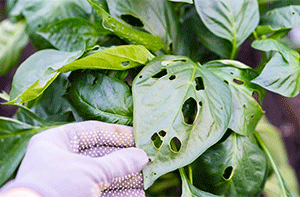
Prevents Fungal Infection in Plants
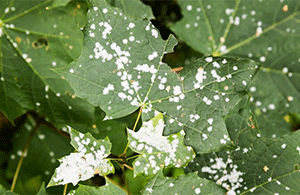
One of turmeric's main compounds, curcumin, has antifungal qualities that can prevent fungus growth on your plant and manage fungal illnesses like powdery mildew and downy mildew.
Combine two teaspoons of turmeric powder, two teaspoons of distilled white vinegar, six and a half tablespoons of milk, and four cups of water to treat powdery mildew. Spray the afflicted plant with the solution. Four cups of water and two tablespoons of turmeric powder can also be used to treat mild fungal infections.
Heals Plant Wounds
Plants frequently sustain wounds for a variety of reasons. These may include attacks by animals or severe weather that breaks branches. Insects that nibble may expose the stems and branches of plants. Wounding can also result via grafting or trimming. These gaps may allow illnesses and viruses to enter the body.
Turmeric contains antiseptic and antibacterial qualities. Thus, a simple turmeric paste can prevent plant wounds from becoming infected.
Add enough water to the turmeric powder to create a thick paste. After applying the material, cover the wound with polythene or grafting tape.
Pro Tip
Before putting plant cuttings into potting soil for propagation, apply turmeric powder to the incisions to keep them from decaying or becoming infected.
Offers Health Benefits
Because curcumin, the major element in turmeric, has anti-inflammatory and antioxidant qualities, it offers numerous medical benefits. Turmeric is immensely helpful for people with long-term illnesses where inflammation has begun to harm their tissues. Compared to people who simply use medication, those who regularly use turmeric and medicine have a higher chance of experiencing remission.
Turmeric has long been used as a treatment for arthritis in Chinese and Ayurvedic medicine. The rhizome may also strengthen the immune system and lower the chance of cancer and heart disease.

Better Flavors
Fresh turmeric from the garden adds a fascinating flavour to your food. Because of its lovely nutty taste and slightly bitter edge, it pairs well with sweeter spices like nutmeg, cinnamon, and saffron.
Fresh turmeric is a fantastic addition to salads, smoothies, curries, and drinks. It can also be used to marinate meats and add flavour to baked dishes, mashed potatoes, and sautéed vegetables. The fundamental recipe is sweetened milk, ginger, cinnamon, and turmeric; you can even make heated golden milk.
